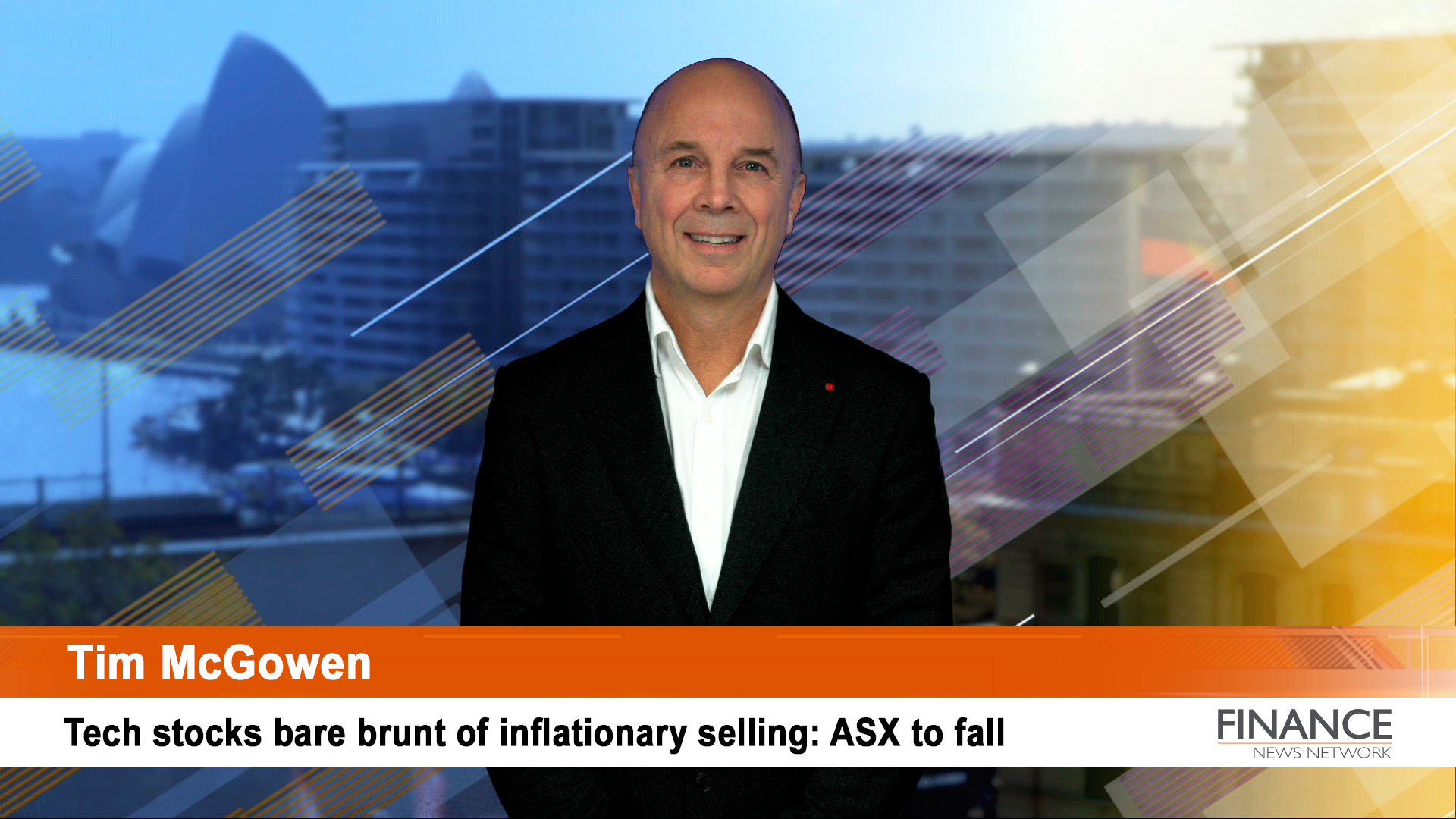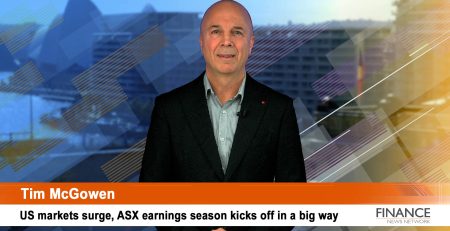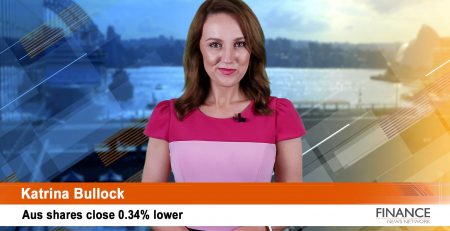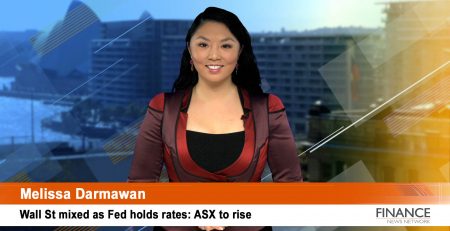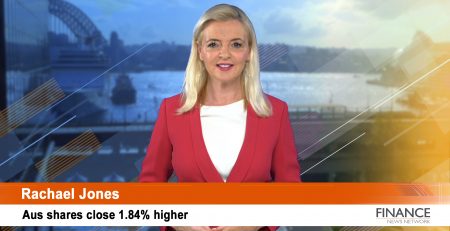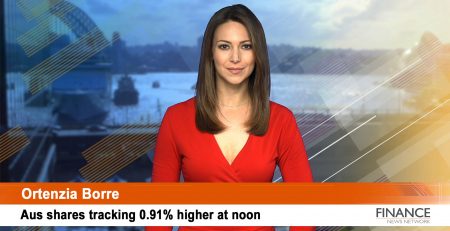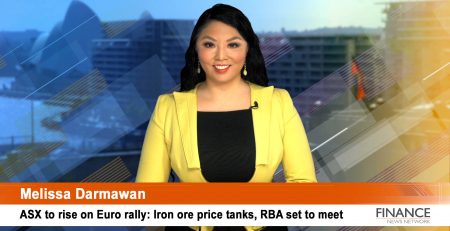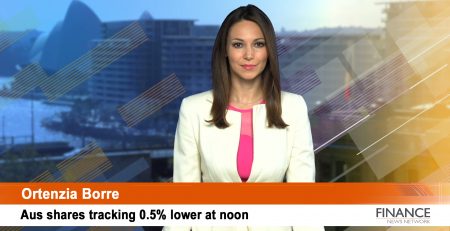Tech stocks bare brunt of inflationary selling: ASX to fall
US stocks fell across the board as investors assessed persistent inflation after the consumer price Index rose by an annual rate of 8.3 per cent. Some analysts see the data as a sign that the Fed is behind the curve in curbing inflation. CBA has delivered a $2.3b March quarter profit but warns of margin pressure. NAB has expressed interest in the banking arm of Suncorp.
US stocks fell across the board as investors assessed persistent inflation after the consumer price Index rose by an annual rate of 8.3 per cent, which was more than economists expected but slightly less than the prior month's 8.5 per cent.
Some analysts now see the data as a sign that the Fed is behind the curve in curbing inflation, which could put pressure on the central bank to act more aggressively in tightening monetary policy.
At the closing bell, the Dow Jones lost over 1 per cent to 31,834, the S&P 500 fell 1.7 per cent to 3,935 and the Nasdaq dropped 3.2 per cent to 11,364.
Almost all the S&P 500 fell, with the exception of the defensive utilities sector and energy sector, which rallied on the back of a rising oil price. The West Texas oil price rallied 6 per cent to $105.
Risk assets remain under pressure with all eyes on the tech sector.
The NASDAQ is now down — 31 per cent year to date, with market heavyweights like Netflix, Metaplatforms (the rebranded Facebook) and Tesla bearing the brunt of investor selling.
The sell-off has extended to riskier assets like cryptocurrencies, as indicated by the performance of several crypto indexes. Bitcoin has now fallen 38 per cent year to date.
On the earnings front, shares of Coinbase slumped more than 26.4 per cent after the crypto exchange posted its latest quarterly results.
So how do tech stocks perform in a rising rate environment?
Recent commentary from Fidelity has suggested inflation has historically mattered more for tech stock performance than has the health of the economy. This chart suggests that the chances of outperformance for the tech sector are lower in an inflationary environment.
The current tech stock bull market began in 2009, when the US consumer price index actually declined. From 2010 through 2020, inflation averaged only 1.7 per cent per year.
While a growing economy may seem like the ideal environment for stocks to deliver strong returns, history shows that tech has tended to perform better or worse, not depending on whether the economy has been strong or weak, but more on whether inflation has been high or low. Perhaps the switch from growth to value investing is now in full swing.
Goldman Sachs expects “that big index swings will remain large until the path of inflation is clarified", recommending investors focus on stocks with stable growth, high margin, and with high-dividend yields.
The Australian sharemarket is set to open lower. The SPI futures are pointing to a 0.5 per cent fall.
Commodities
Gold has gained $12.70 or 0.7 per cent to US$1854 an ounce. Silver was up $0.15 or 0.7 per cent to US$21.58 an ounce.
Iron ore has gained 4.2 per cent to US$133.50. Its futures point to a 3.96 per cent gain.
Currencies
One Australian Dollar at 7:40 AM has weakened from yesterday, buying 69.41 US cents (Wed: 69.44 US cents), 56.68 Pence Sterling, 90.21 Yen and 66.02 Euro cents.
What to look out for today
In Australia, today CBA has just delivered a $2.3b March quarter profit but warns of margin pressure.
The AFR is reporting that NAB has expressed interest in the banking arm of Suncorp.
Also look out for a number of new crypto ETFs to hit the Australian market in coming days.
Ex-dividend
There is one company set to trade without the right to its dividend.
SSR Mining Inc (ASX:SSR) is paying 7.3871 cents unfranked
Dividend-pay
There are three companies set to pay eligible shareholders today.
KKR Credit Income Fund (ASX:KKC)
Myer Holdings (ASX:MYR)
Newmark Property REIT (ASX:NPR)
Source: www.fidelity.com
Copyright 2022 – Finance News Network
Source: Finance News Network

